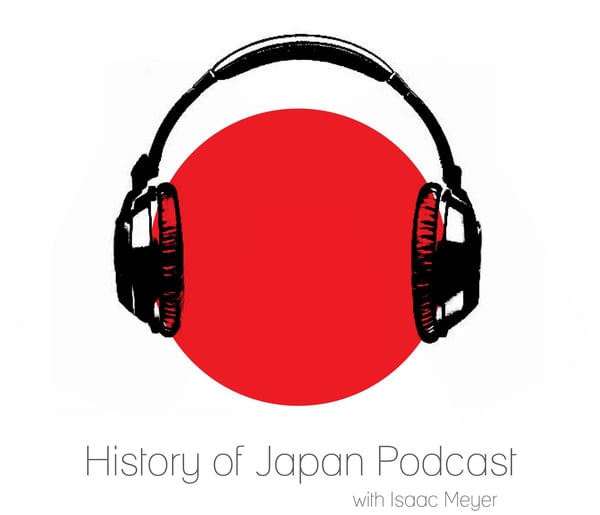Episode 439 - From the Deep, Part 2
History of Japan
Isaac Meyer
4.8 • 744 Ratings
🗓️ 29 May 2022
⏱️ 35 minutes
🧾️ Download transcript
Summary
Also: allergies are still a bit rough; excuse any scratchiness, please!
Transcript
Click on a timestamp to play from that location
| 0:00.0 | Hello and welcome to the History of Japan podcast, episode 439, from the Deep, Part 2. |
| 0:23.9 | The powers that be in Tokugawa Japan never really trusted the sea. The Confucian |
| 0:29.8 | framework that underlay the Tokugawa state was centered on the land, on agriculture, |
| 0:35.1 | on things that were easier to divvy up, control, and regulate. By contrast, |
| 0:40.9 | the coast and the sea were always a bit of an enigma, never quite quantifiable in terms of |
| 0:46.2 | production or manageable in terms of population. After all, people with boats have an unfortunate |
| 0:52.0 | habit of just hopping on them and sailing away if they don't like your decisions. |
| 0:57.6 | So perhaps it made a lot of sense to those officials that the fundamental threat to their order came from the sea, and initially in the form of whalers. |
| 1:07.9 | American whalers in the Pacific in particular became an ever-increasing presence throughout the 19th century. |
| 1:14.5 | American whaling ships first rounded Cape Horn in South America in 1791, and by 1820 they were hunting in the waters between Japan and Hawaii. |
| 1:24.4 | By the 1840s, over 700 American whaling ships were in operation, and the vast |
| 1:30.3 | majority hunted somewhere in the Western Pacific. |
| 1:34.7 | The arrival of American whalers, whose technology was substantially more advanced and whose |
| 1:39.0 | shipboard processing stations meant they could harvest huge numbers of whales in a single |
| 1:44.0 | trip, |
| 1:45.0 | devastated Pacific whale populations, resulting in Japanese whalers too having a harder and harder |
| 1:50.8 | time with catches. Whaling was also, in fact, a justification for the decision by American |
| 1:57.4 | politicians to try and forcibly open Japan to Western commerce. |
| 2:02.6 | As a part of his commission for Commodore Matthew Perry, President Millard Fillmore |
| 2:07.4 | wrote a letter to the Emperor of Japan, by which he meant the Shogun, that Perry was to deliver |
| 2:13.1 | to the man himself. In fact, wrangling over whether Perry would be allowed to deliver said letter in |
| 2:18.1 | person, took up a decent chunk of Perry's time in Japan. Ultimately, some other officials |
... |
Please login to see the full transcript.
Disclaimer: The podcast and artwork embedded on this page are from Isaac Meyer, and are the property of its owner and not affiliated with or endorsed by Tapesearch.
Generated transcripts are the property of Isaac Meyer and are distributed freely under the Fair Use doctrine. Transcripts generated by Tapesearch are not guaranteed to be accurate.
Copyright © Tapesearch 2025.

